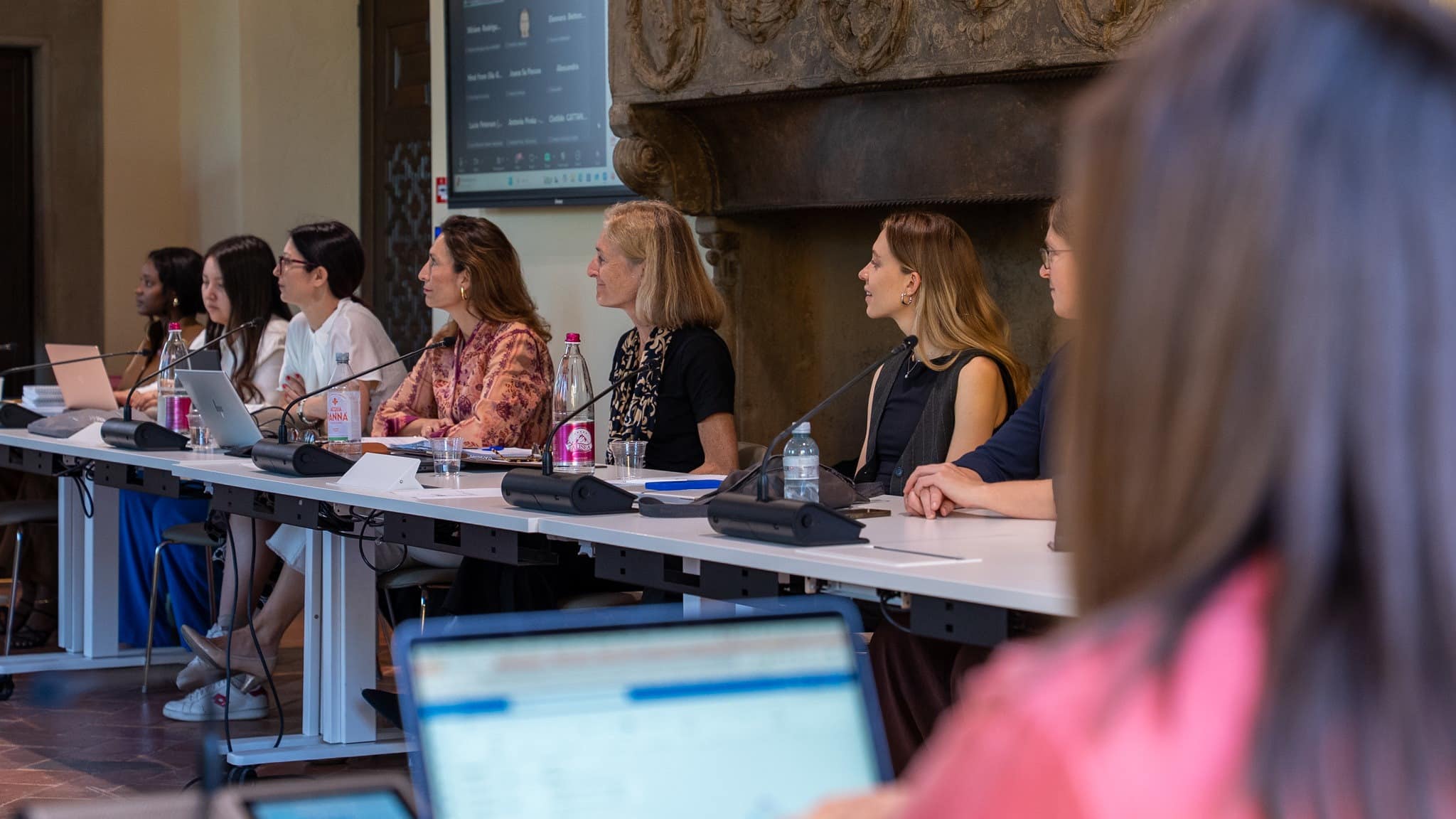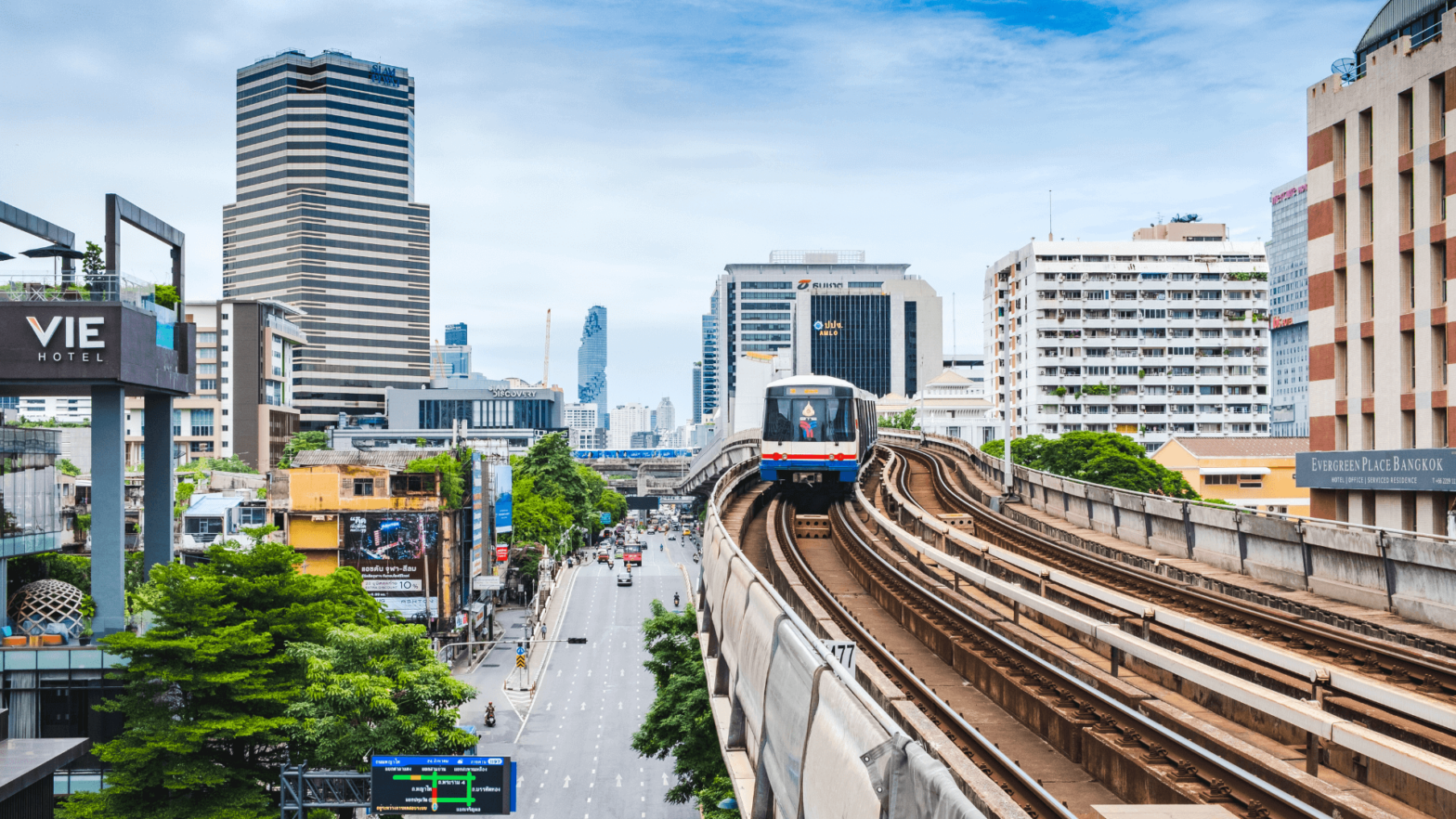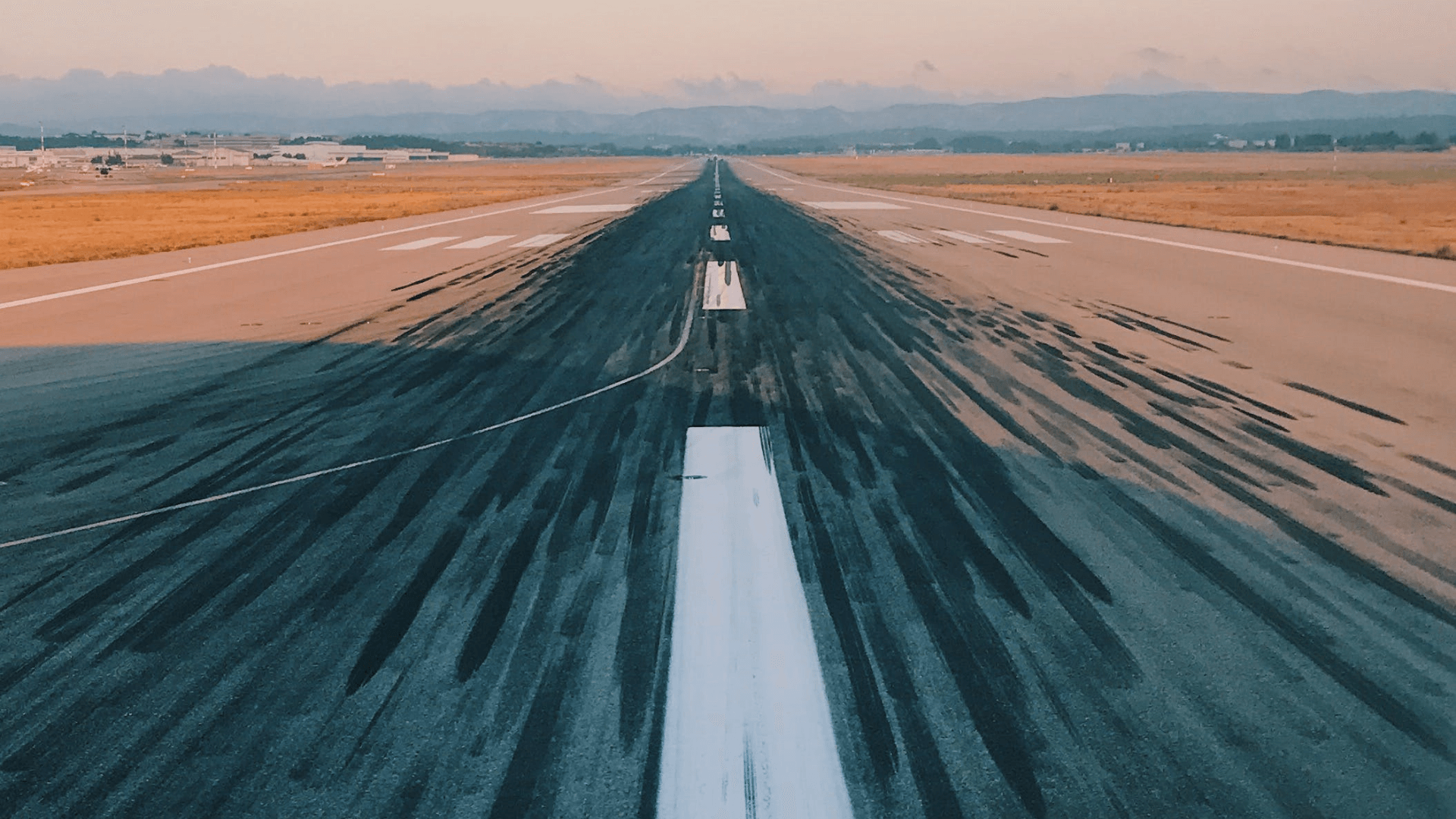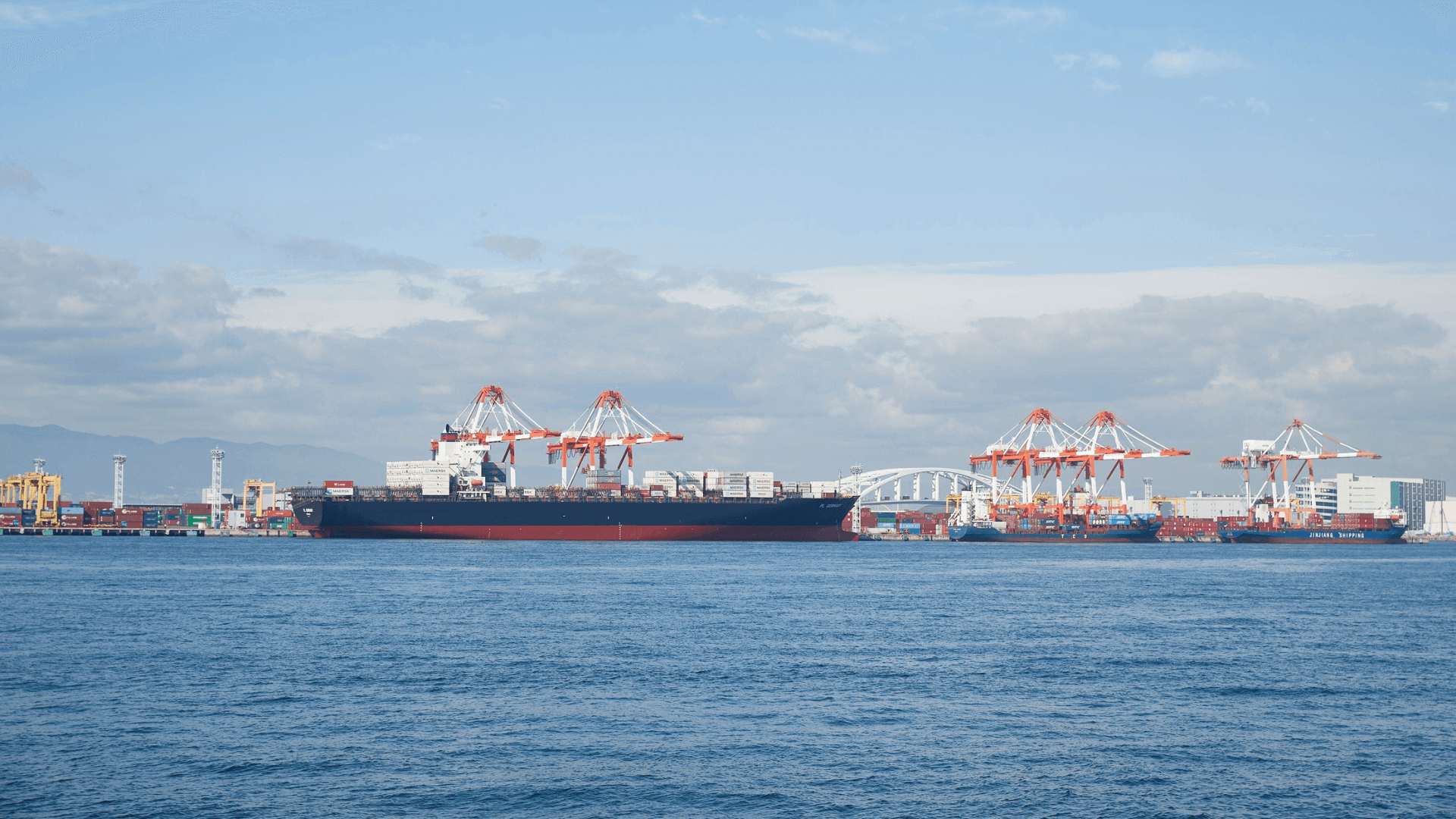Passenger Multimodal Transport: the case of Mobility-as-a-Service (MaaS)
Murati, E.
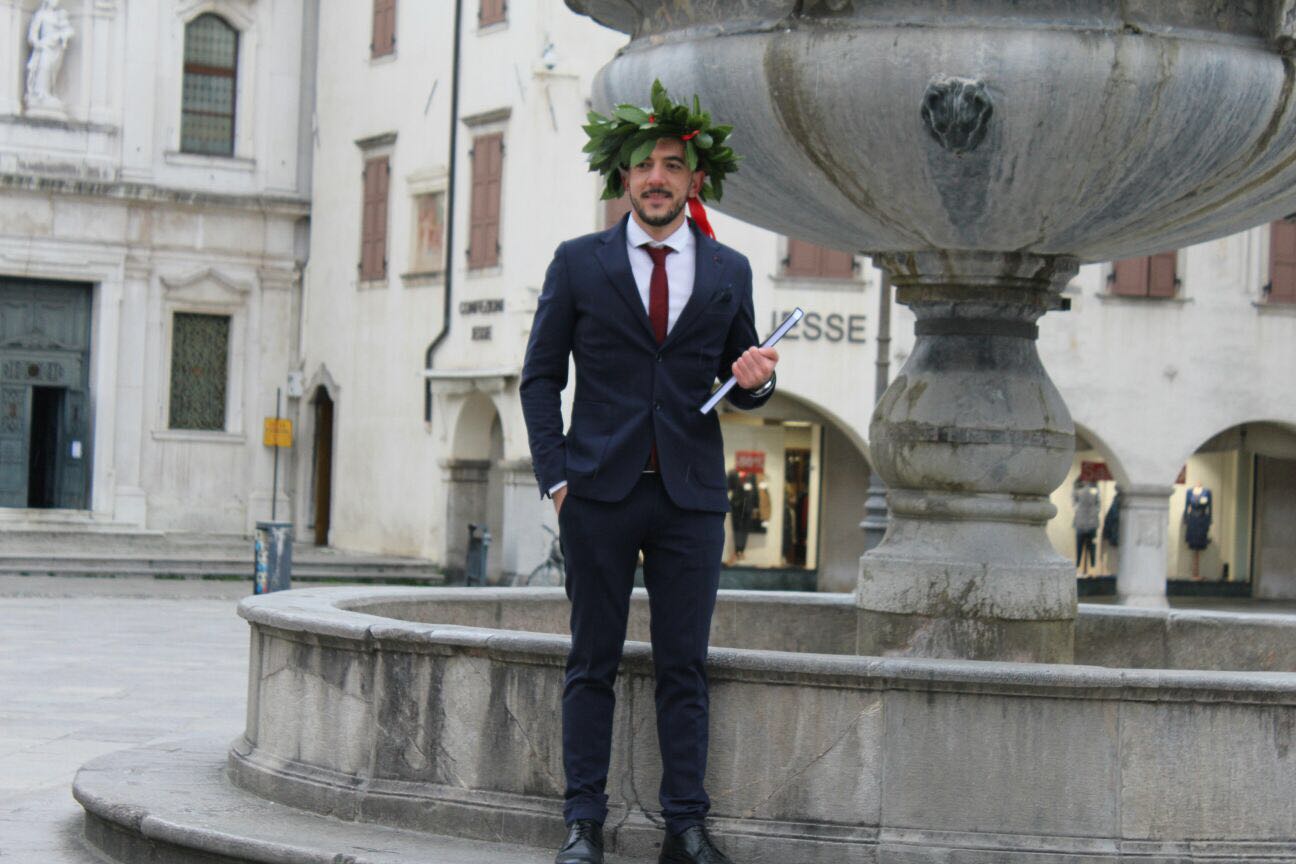
The paper “Passenger Multimodal Transport: the case of Mobility-as-a-Service (MaaS)” (Murati, E.) will be presented at the 8th Conference on the Regulation of Infrastructures (20-21 June, 2019).
ABSTRACT
Integrated and seamless mobility has been a futuristic vision of mobility (in urban regions mainly) for a few years already. Today, Mobility-as-a-Service (MaaS) embodies that vision. It is a new transport concept that integrates existing and new mobility services into one single digital platform, providing customised door-to-door transport and offering personalised trip planning and payment options. In MaaS you can buy a single ticket or a monthly subscription. These could be used for one specific means of transport – e.g. train – or for combination of two or more means of transport. The MaaS ecosystem is made up of: customers; MaaS platform providers, who design and offer the MaaS platform (typically a smartphone app) and create packages based on customer demands; data providers, who share and use data, which is crucial to MaaS; and a range of transport operators.
A multimodal travel suffer a fragmented legal base: each transport means has specific rules based in different legal sources (national or EU laws); there are no common rules on compensation and damages; multimodal travel chains are not covered by any legislation (no rules on rerouting or assisting when transferring between modes); the rights of passengers and the liabilities of carriers vary between transport modes.
European passenger rights legislation has been introduced in the air, rail, waterborne and bus /coach sectors. Currently, the positive effects of existing passenger rights legislation are limited to the extent that they apply independently to each individual transport mode under a single contract of carriage. Hence, when a journey involves multimodal transport (i.e. when different modes of transport are used by a passenger one after the other to complete one journey), passenger rights cannot be guaranteed when an event occurring during one transport segment affects the following one if the latter segment is operated with another mode of transport. The initiatives to address passenger rights in multimodal transport falls under the EU’s transport policy. A first step in that direction was taken by the Commission in its draft amendment to Regulation (EC) No 261/2004 which proposes that where a part of the journey is carried out, in accordance with a contract of carriage, by another mode of transport, the Regulation would apply for the whole journey and the part of the journey carried out by another mode of transport would be considered as a connecting flight. Secondly, an important step is the Regulation 2017/1926 of 31 May 2017 with regard to the provision of EU-wide multimodal travel information services. 2018 was considered by EU Commission as the year of multimodality.
My research questions in this paper will be: does MaaS provider qualify as a Multimodal transport operator? Secondly, who should be liable for delays, damages, ticket reimbursement, missed, connecting and others failures affecting passengers and his or her luggage? To which extent specific rules of each transport means provisions apply in case of a transport disruption?
The aim of this research is to describe MaaS from a legal context, highlighting the legal framework and status, possible legal obstacles and appropriate recommendations. Since MaaS is a new innovation and is not yet much known, an exploratory research design is chosen. This design enables the researcher to look into a topic that has not yet been explored in great detail. This design can help to gain a better understanding of the phenomenon and thereby help to guide others or further research.
As for the expected results: firstly, to justify the need a passenger multimodal transport; secondly, to identify the most relevant aspects and legal uncertainties of the MaaS platform, observing the peculiarities, innovations and also the similarities and differences with the ‘old’ transport schemes. Thirdly, to identify, to formulate and to suggest a logical and satisfactory solution to the problems of legal nature. In conclusion, to offer to the jurists a reference work for this modern type of transport and to offer to the users a compass as for the right to have access, to be informed and be protected in the context of mobility.
Presentation is available here.
ABOUT THE AUTHOR
Erion Murati was born in 1994 in Librazhd, Albania. He was admitted for his Laurea Magistrale (single-cycle, 5 years) in Law at the University of Udine, in Italy, in October of 2013, which he completed in February of 2018 with a thesis on Criminal Law, attaining a final result of 110/110. He was the first ever in Italy to get his degree one year early and just 23 years old.
After his graduation he worked as a trainee lawyer for six months in a law firm in Udine. Joined the University of Hamburg, Faculty of Law in July of 2018 for his Ph.D project: “Regulating Transport Platforms: the case of Mobility as a Service (MaaS)”. His mother language is Albanian and Italian, so he speaks English and he is studying German.
Don’t miss any update on this topic
Sign up for free and access the latest publications and insights



